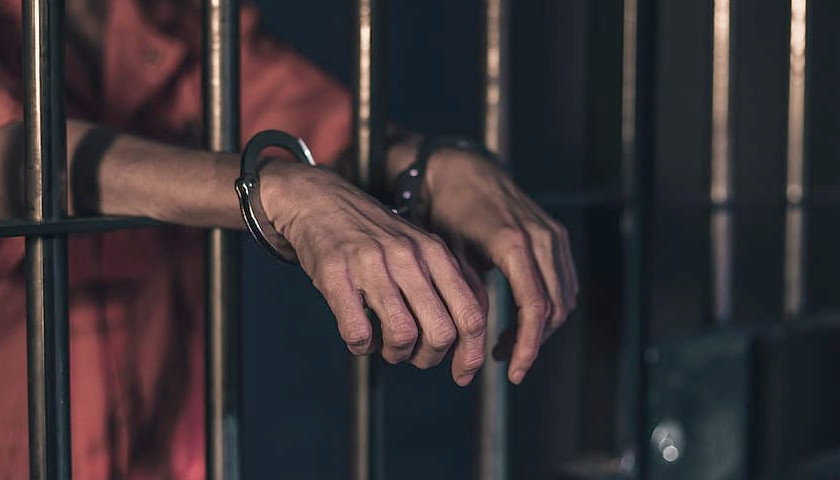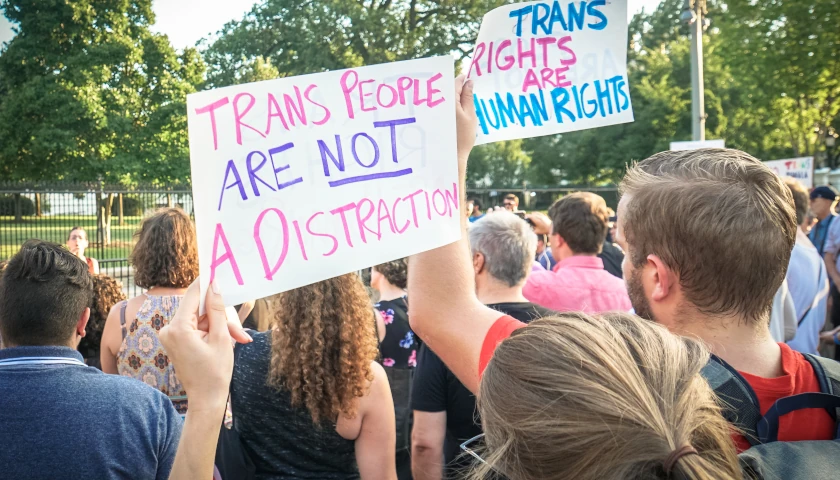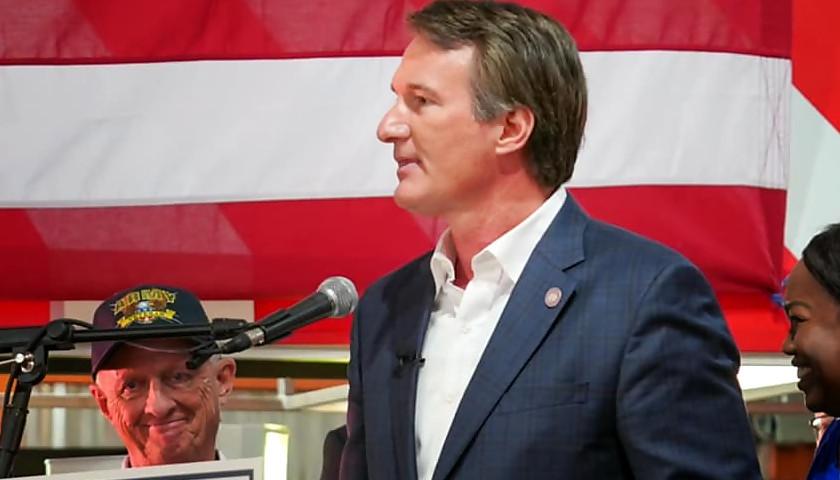Virginia’s House Majority Leader celebrated Wednesday morning after a bill she introduced passed through committee.
“What a great way to start the day!” Majority Leader Charniele Herring (D-VA-46) said on Twitter. “My proposed constitutional amendment that will put an end to the disenfranchisement of felons has passed out of the Privileges and Elections Committee and is on its way to the house floor!”
What a great way to start the day! My proposed constitutional amendment that will put an end to the disenfranchisement of felons has passed out of the Privileges and Elections Committee and is on its way to the house floor! pic.twitter.com/uLjkkgNEpR
— Charniele Herring (@C_Herring) February 3, 2021
Herring’s bill, HJ 555, seeks to change the language of the Virginia Constitution to include restoration of felons’ voting rights after they have completed their sentencing or supervision.
“Each voter shall be a citizen of the United States, shall be eighteen years of age, shall fulfill the residence requirements set forth in this section, and shall be registered to vote pursuant to this article,” the bill says. “No person who has been convicted of a felony shall be qualified to vote unless his civil rights have been restored by the Governor or other appropriate authority or until completion of his sentence of imprisonment or active supervision, at which time, without further action required of him, his political rights, including the right to vote, shall be restored. (Emphasis added).
The bill has 27 cosponsors in the House of Delegates, all of whom are members of the Democratic Party.
While HJ 555 would allow felons to vote after they have completed their sentencing, an accompanying Virginia Senate version of the bill proposes that felons be allowed to vote even while they are completing their sentences.
Introduced by Sen. Mamie Locke (D-Hampton), SJ 272 proposes the following amendment to the Virginia Constitution:
Establishes that the sole qualifications to vote in the Commonwealth are being a United States citizen, at least 18 years of age, a resident of the Commonwealth, and registered to vote in accordance with the requirements set out in the Constitution of Virginia. The amendment further provides that any person who meets those qualifications has the right to vote and that such right cannot be abridged by law. The bill lifts restrictions on qualifications to vote for those who have been convicted of a felony or adjudicated to be mentally incompetent.
Amending the Virginia Constitution is an undertaking that requires more than the typical passage of the law in both chambers on Congress, followed by the governor’s signature.
Instead, a constitutional amendment requires a majority vote in both chambers during two separate legislative sessions with an interceding election. It will then be subject to a statewide referendum.
The Virginia Star reached out to Herring about the prospects of the amendment succeeding.
She did not return The Star’s request in time for publication.
– – –
Pete D’Abrosca is a contributor at The Virginia Star and The Star News Network. Follow Pete on Twitter. Email tips to [email protected].





